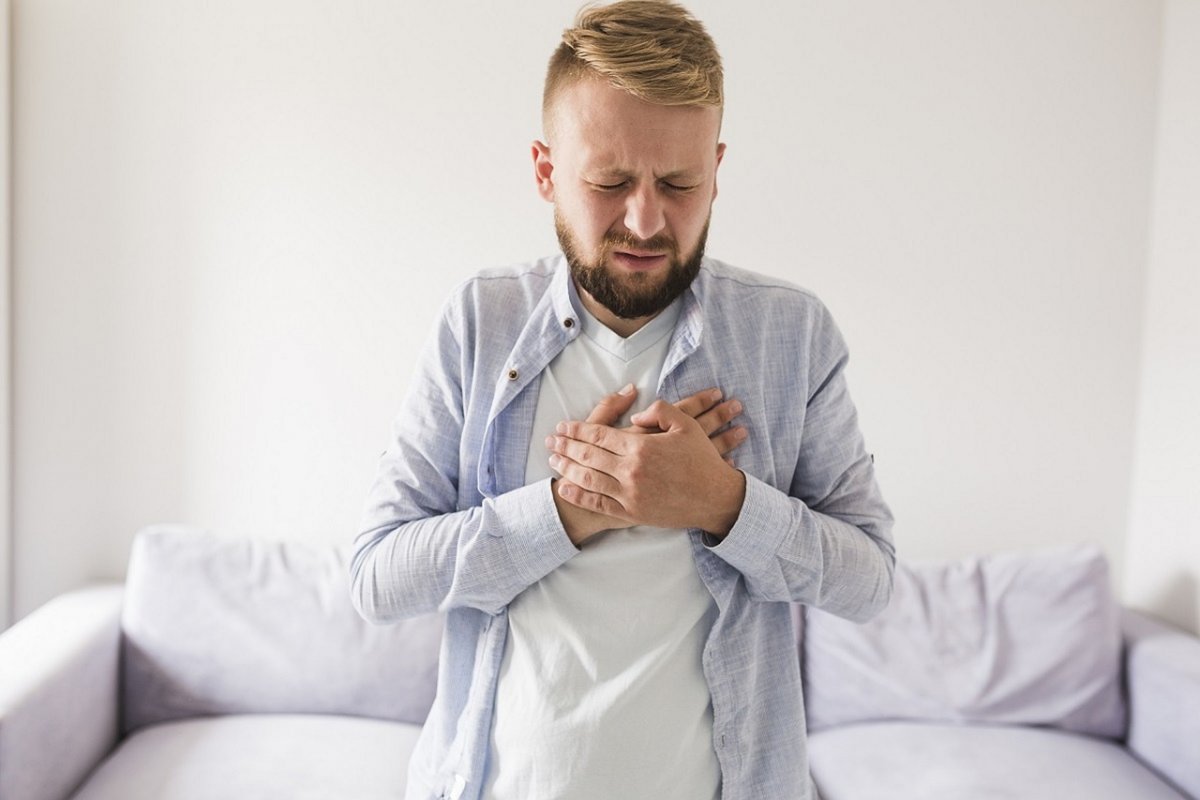
Many common diseases cause blood clots, and even a sedentary lifestyle is a known trigger. The nonspecific nature of the symptoms can be problematic. So, if a blood clot enters the lungs, chest discomfort can be attributed to heartburn.
Typically, the duration of heartburn symptoms can vary from a few minutes to several hours, depending on the cause.
The two main causes of heartburn are:
- Acid reflux
- Gastroesophageal reflux disease.
If you avoid certain foods, these symptoms go away on their own. However, when symptoms persist, other potential causes must be looked for, and this may be blood clots.
Clots in the lungs usually cause discomfort that goes away and returns over time. The condition is very similar to heartburn.
– This condition may feel like pressure, squeezing or pain. It can also feel like heartburn or indigestion, explains VeryWell Health.
Some classic signs of blood clots include swelling, skin tenderness, chest pain, shortness of breath, and dizziness.
Commonly, blood clots form in the leg. This condition is known medically as deep vein thrombosis. Clots can form as a result of injury, but people with diseases such as cancer, obesity, or the liver are also susceptible to these phenomena.
If a blood clot breaks off and enters the bloodstream, there is a chance that it can travel to the lungs. This can block blood flow. This is why a type of blood clotting known as pulmonary embolism is fatal.
However, symptoms such as shortness of breath, mild pain or chest pressure can persist for six weeks or more.
Found cause of blood clots in patients with coronavirus
Unfortunately, up to a third of people with undiagnosed and untreated pulmonary embolism do not survive. That's why heartburn should not be ignored, especially if the person is at risk.
Therapist Names Signs of Thrombosis
Read next: Three warning signs that leg pain is caused by cholesterol buildup.
Important! Information provided for reference purposes only. Ask a specialist about contraindications and side effects and under no circumstances self-medicate. At the first sign of illness, consult a doctor.
